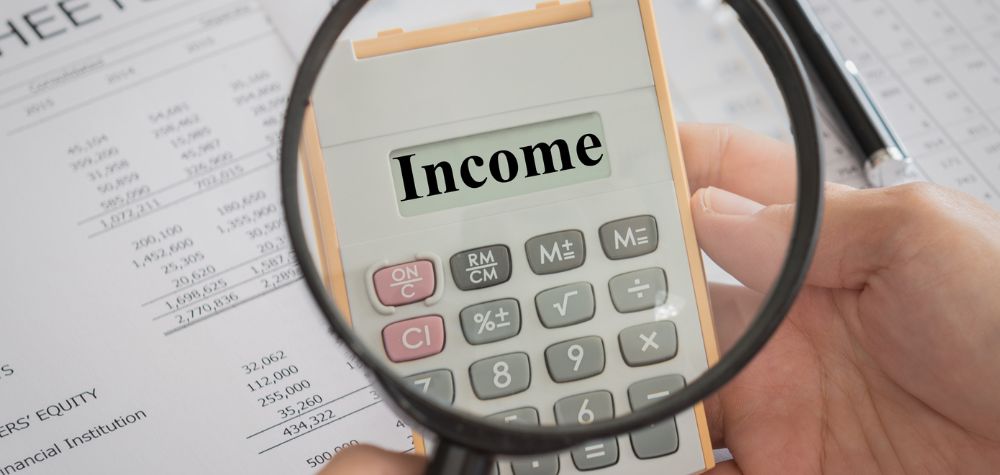
Get Prepared For 31 October – What Income Do You Need To Declare?
If you haven’t finalised your tax return, you need to do so before October 31 2023. However, sometimes the form can be daunting, particularly if you’re unsure what to declare regarding income.
Certain types of income must be declared on your tax return. Whether your income results from a side hustle, a full-time or part-time position or even as a casual, it must be declared. Income that needs to be declared include:
- Employment income (such as salary and wages)
- Allowances and other work-related income
- Lump sum payments
- Reportable fringe benefits
- Super contributions
Employment Income
Salary and wage payments you need to declare in your tax return include:
- your normal weekly, fortnightly or monthly pay
- JobKeeper and stand-down payments you receive because of COVID-19
- commissions
- bonuses, including retention bonuses to remain with your employer
- money for part-time or casual work
- parental leave pay
- dad-and-partner pay
- payments from
- an income protection insurance policy
- a sickness or accident insurance policy
- a worker’s compensation scheme
- pay and allowances for continuous full-time service in the Australian Naval, Army or Air Force Reserve (but you may not have to declare salary and allowances while deployed overseas)
- income you receive in connection with a joint space and defence project – unless exempt from Australian income tax
- foreign employment income – unless exempt from Australian income tax.
If you are an employee of an Australian Government agency (and not a member of a disciplined force), the income you earn from delivering Australian official development assistance must be included.
Allowances And Other Work-Related Income
You may receive allowances or other payments concerning your employment that you need to declare in your tax return. These payments may include:
- allowances, including travel and overtime meal allowances
- cash tips, gratuities and payments for your services
- consultation fees and payments for voluntary services
- jury attendance fees
- income for providing personal services outside of employment or in a non-business capacity (for example, income from working in the sharing economy).
Lump Sum Payments
A lump sum payment is a one-time payment that is taxed and reported differently to your salary and wage income.
You may receive a lump sum payment:
- when you leave a job, such as
- an employment termination payment (ETP)
- a genuine redundancy payment
- an approved early retirement scheme payment that exceeds the tax-free limit
- for unused annual leave, long service leave or special leave you are entitled to when you leave a job
- in arrears (known as back pay or lump sum payments in arrears) for money your employer owes you from an earlier income year.
Lump sum payments are included as assessable income in your tax return in the income year you receive the payment.
Reportable Fringe Benefits And Super Contributions
You need to declare:
- reportable fringe benefits you receive from your employer (such as, a work car for private purposes, a cheap loan or free private health insurance)
- reportable super contributions made on your behalf by your employer.
You don’t have to pay tax on these amounts. The ATO uses these amounts to determine whether you can receive certain government benefits and tax offsets.
If you have questions about declaring your income or whether certain income may be exempt, it’s best to consult with us, your trusted tax advisers.
You must be logged in to post a comment.

+ There are no comments
Add yours